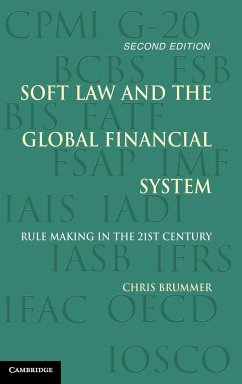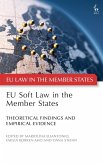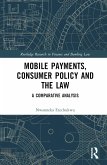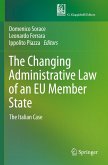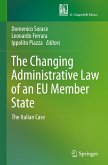This book explains how international financial law 'works' and presents an alternative theory for understanding its purpose, operation, and limitations. Drawing on a close institutional analysis of the post-crisis financial architecture, it argues that international financial law is often bolstered by a range of reputational, market, and institutional mechanisms that make it more coercive than classical theories of international law predict. As such, it is a powerful, though at times imperfect, tool of financial diplomacy. Expanded and revised, the second edition of Soft Law and the Global Financial System contains updated material as well as an extensive new chapter analyzing how international standards and best practices have been operationalized in the US and EU in the wake of the financial crisis. It remains an essential tool for understanding global soft law for political scientists, lawyers, economists, and students of financial statecraft.
Hinweis: Dieser Artikel kann nur an eine deutsche Lieferadresse ausgeliefert werden.
Hinweis: Dieser Artikel kann nur an eine deutsche Lieferadresse ausgeliefert werden.

